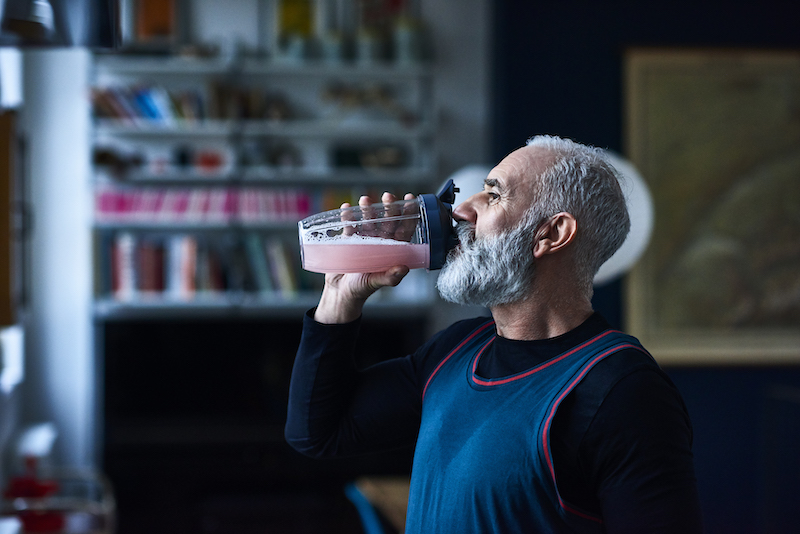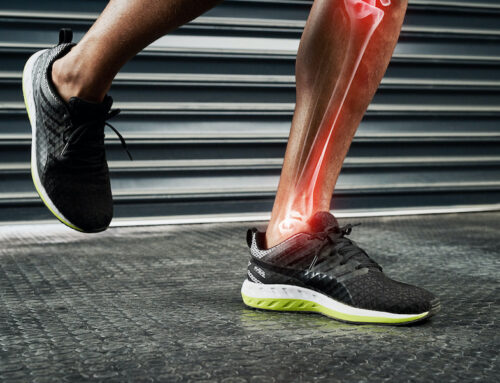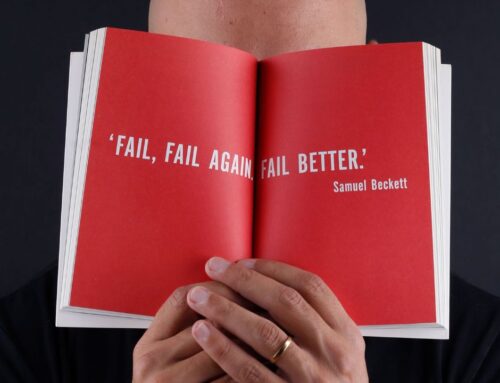A family member of mine has just heard they have high cholesterol. You’ll probably be aware that amongst the other waffle you’re sold in adverts between your favourite television programs that there are ‘miracle cure’ spreads, supplements and superfoods you can eat, or avoid to improve your levels of cholesterol.
Upon asking the family member what the doctor recommended as a course of action I was disgusted at the reply, naturally.
Step one, take these statins. Step two, replace your current cow juice for skimmed milk, whether it be in drinks or on cereal, and avoid cheese. Astounding. This in part brings us back to the whole ‘too much of something can be bad’. Dairy is one of the highest protein containing food groups we can consume. I don’t want to detract too far from the point of this article (Cholesterol) by going into the importance of macro nutrients and where to find the best sources. Let’s just say protein is important.
My family member had the nouse to ask questions on the back of the doctors questions on diet and lifestyle, after the recommendation of cutting dairy and avoiding cheese (something they don’t consume much of). It then transpired that even though the cholesterol was ‘high’, it was the HDL count that was high, and not the LDL.
Cholesterol is made up of lipoproteins, some are high density (HDL) and healthy, and aid the way our bodies work. The others are low density (LDL) and known as ‘bad fats’ which hinder how our bodies work.
High cholesterol can be a risk for sure, but more in the case of a high LDL count.
The frustrating thing here is that many people who don’t know otherwise would take the meds, which can cause problems in themselves. But also, many people are being tarred with the same brush. The typical western diet contains up to 20 times more LDL than HDL. This is down to the things people eat, how it’s prepared and generally the outright quality of the finished product. If people are naturally consuming foods with 20 times more LDL within, it seems pretty obvious that your chances of developing a high cholesterol are going to rocket, and in this case due to a high count of LDL. I think the medical professionals need to speak up and stop painting the roses red. Switching to skimmed milk (deemed unhealthy in its self) and avoiding cheese or dairy isn’t the way to combat this.
Age, activity, obesity, diabetes, smoking, and poor diet are contributors to high cholesterol.
Fortunately my family member isn’t obese, suffer from diabetes or a smoker. Their professional role is fairly active and their diet on the whole is pretty good, or at least not bad enough that skimmed milk and skipping baby bells is going to make a difference. Here’s why.
Within our macro allowances and tolerances, there is an allocation for sugar consumption. Whilst skimmed milk is low in fat, it’s high in sugar. This means it has a bigger effect on the blood stream in a shorter space of time. High blood sugar levels contribute to the onset of type two diabetes, diabetes can lead to high cholesterol. This is because diabetes has a negative impact on LDL, making it V-LDL (very low density) which in turn has a bigger, negative impact on cholesterol. With regards to skipping dairy or reducing your intake, as I said earlier a moderate approach to its consumption is healthy. This is why animals (and humans) use milk, a lot through infancy for the healthy development for the young.
LDL is basically the fat that clogs up our cells, HDL is the fat we use to uphold our system function within the endocrine system. The risk of heart attacks or strokes from high cholesterol are down to the increased likelihood of cells becoming ‘full’ of LDL, to the point where a little nugget of LDL breaks off and gets pushed through the blood stream, eventually getting snagged somewhere and acting as a clot blocking an artery. Unfortunately, people’s ‘mix’ of input, IE activity level, lifestyle, nutrition, smoking etc does lead them to this point but because all of the risk factors are controllable, the levels of cholesterol are also controllable.
The best way to reduce your levels of cholesterol is to avoid processed foods. This unfortunately includes your nacho Mexican themed night starter, or any other potato chips not grown out of the floor. Takeaway meals or ready meals aren’t beneficial either but convenience sometimes favours your plans.Refined basically means ‘man made’ produce. The quality is always questionable. In addition you should take steps to exercise regularly. Nobody is saying you should go from zero activity to training 6 days a week, this process is about slowly changing habits you’ve formed over a long time, those habits that have earned you the high cholesterol in the first place. Everything about the process has a positive impact on pretty much everything else going on in life. More activity means more burned calories. It means you might use some of the fatty foods you’ve consumed. Exercise regulates hormones, improves mood patterns and recovery cycles. A little can go a long way. Skimming your milk and giving cheese the elbow isn’t the way to reduce your cholesterol, and neither is medication.
Jake
PS, super spreads should be avoided, as margarine in its self is stacked with LDL. Stick to butter, and be mindful of your portions!







 >
>

Leave a Reply